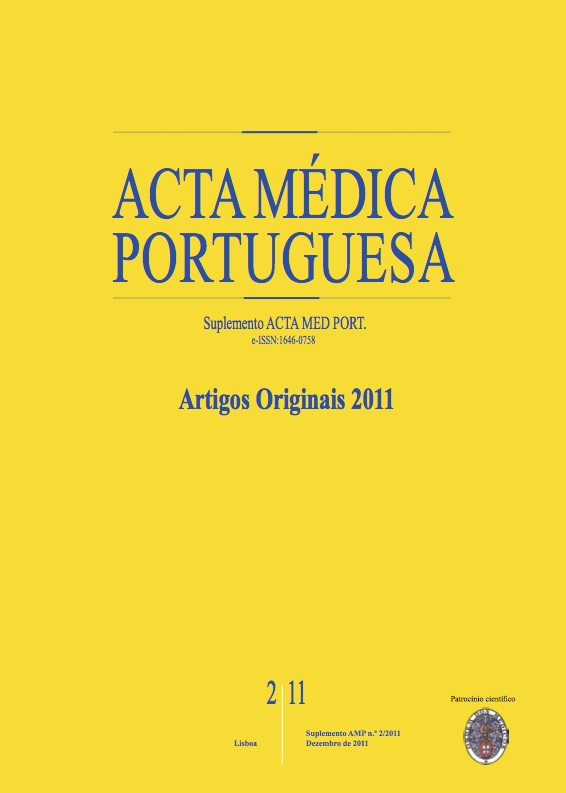Incapacity paradox of very-old people.
DOI:
https://doi.org/10.20344/amp.1510Abstract
People aged 80 years and over are the segment of the population that grows faster, and it is expected that by the year 2050 this group will represent 3.4% of the total population of the world (UN, 2002). With advancing age, despite disability and age-related losses, some people succeed in evaluating their health more positively, especially when comparing with others. This paradox is one of the biggest contradictions in the literature that focus the very-old and suggests the existence of moderating influences in the relation between objective and subjective health.Analyze the dynamic of the relationship between objective health and physical health with advancing age.It was used a sample of 991 community-dwelling participants, 698 women (70.4%), with ages between 65 and 101 years (mean age 74.1, SD 6.5). The General Health Questionnaire and the Questionnaire on Health and Lifestyles were used for collecting data. Socio-demographic information was also collected.Comparative analyses showed significant differences in subjective, objective and mental health among age groups. The older group (n = 207) was more likely to have worse objective health, with greater levels of disability (ADL and IADL), more vision difficulties, and a better subjective health. Differences between age groups were more significant in the question about how they evaluate their health comparing with other people.Despite the impaired functional capacity and increased psychological distress, people with 80 and more years old don't have a worse physical health or a more pessimistic self-rated health, especially when comparing with others. These results show that older people seem to have capabilities that can be channeled and directed to provide their own health. Knowing the characteristics of this group, considered the "biological elite" of this generation, will help to identify measures to promote successful aging.Downloads
Downloads
How to Cite
Issue
Section
License
All the articles published in the AMP are open access and comply with the requirements of funding agencies or academic institutions. The AMP is governed by the terms of the Creative Commons ‘Attribution – Non-Commercial Use - (CC-BY-NC)’ license, regarding the use by third parties.
It is the author’s responsibility to obtain approval for the reproduction of figures, tables, etc. from other publications.
Upon acceptance of an article for publication, the authors will be asked to complete the ICMJE “Copyright Liability and Copyright Sharing Statement “(http://www.actamedicaportuguesa.com/info/AMP-NormasPublicacao.pdf) and the “Declaration of Potential Conflicts of Interest” (http:// www.icmje.org/conflicts-of-interest). An e-mail will be sent to the corresponding author to acknowledge receipt of the manuscript.
After publication, the authors are authorised to make their articles available in repositories of their institutions of origin, as long as they always mention where they were published and according to the Creative Commons license.









